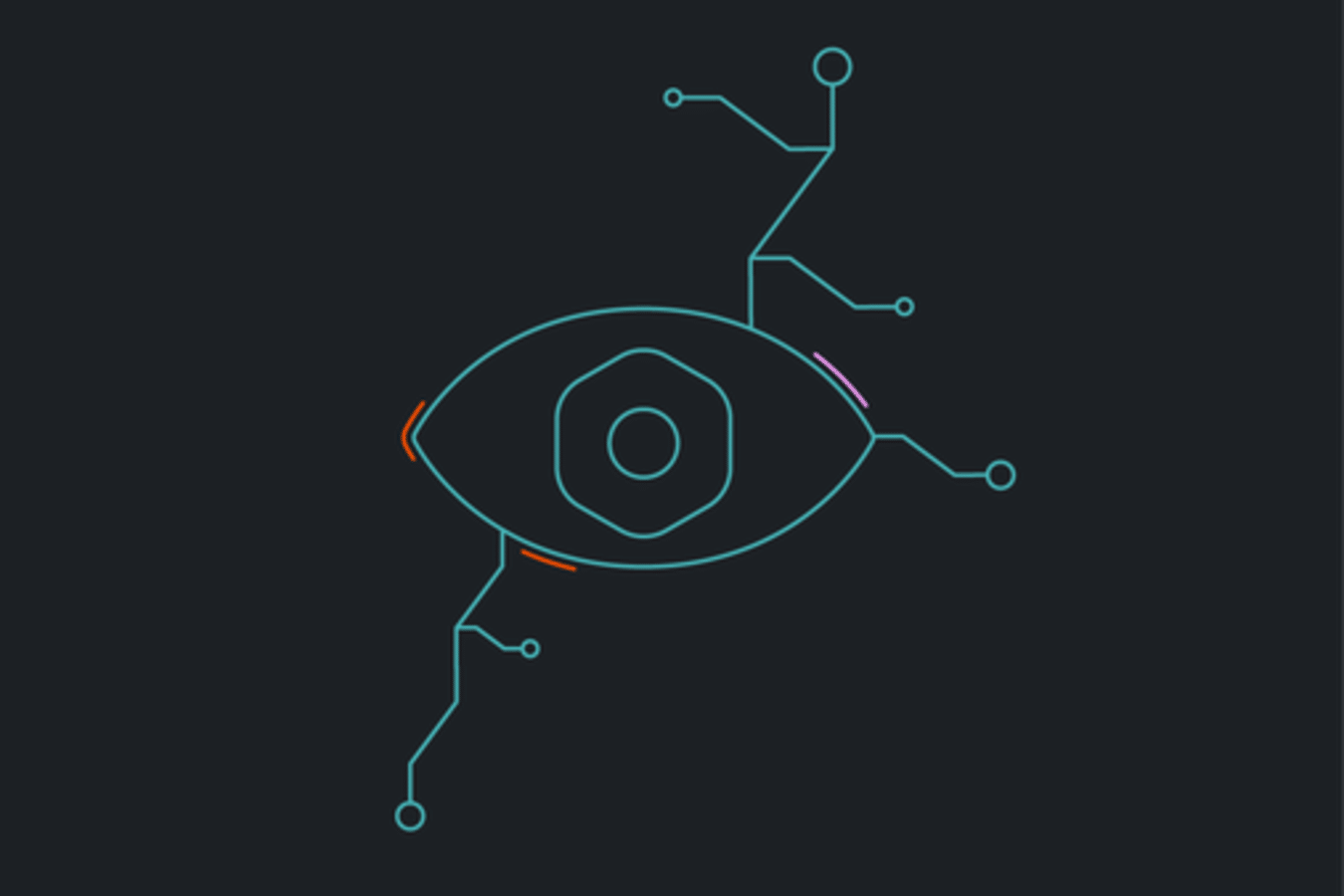If you browse through news and discussions related to artificial intelligence (AI) over the past year, you will observe diverse opinions being peddled across the AI spectrum- some predict an overtly pessimistic scenario for humanity while others heap plaudits on the technological developments in the field.
Recent Developments
Stephen Hawking and Elon Musk have previously warned about the dangers of AI weapons falling into the hands of terrorists. There have been naysayers and luddites aplenty who feel that their jobs will be threatened by AI, and many conjure up visions of a potentially apocalyptic post-humanist society where AI systems lord it over human beings. I must say, most of these grim predictions are quite far-fetched and a result of taking movies such as the Terminator series too seriously. We have some witnessed some ground-breaking advancements in AI technology, whether it be researchers developing a robotic exoskeleton to effectively perform rehabilitation therapies of patients with shoulder injuries or using technology termed as ‘mini force fields’ to individually control microrobots operating within groups- which can boost operations in manufacturing and the healthcare sector.
The future of artificial intelligence is undeniably filled with exciting possibilities, which far outweigh the fantastical concoction of a world overrun by robots who have enslaved humans into submission. Here, we discuss five exciting breakthroughs that are hotly anticipated in the world of AI over the next few years:

Future machines will beat the Turing Test
The Turing Test was created by genius extraordinaire Alan Turing more than a century ago. This test determines a machine’s ability to demonstrate intelligent behavior indistinguishable from that of a human. It has been considered as the holy grail in AI advancement for a machine to pass the Turing Test, and it is likely that this will be achieved in the near future with advanced research. If it indeed happens, then new vistas will be opened for proper deployment of artificial intelligence technologies and their applications.
AIs to begin using all five human senses
Yes, you read that right. All five human senses, including taste, smell and touch are soon expected to become a part of the normal computing process. This will create a more intuitive and natural ecosystem where users can engage in an environment appealing to all their senses.
Predict terrorist activities, manage global climate change
In the movie ‘Minority Report’, advanced technology is used to predict and prevent crime. Something similar is being planned by government the world over, where simulation models using big data are being implemented to understand and deter terrorist threats. Managing climate change is another field where AI is being extensively used to prepare disaster-forecasting models and preemptive security measures to avoid any undue loss.
Revolutionize healthcare, medicine
The medical world is one area where health data (genomic, phenotypic, social) is being used by AI systems to study disease and treatment patterns, matching clinical trials with patients, reading radiological findings and analyzing genomic sequences. Artificial intelligence will also succeed in making critical surgical operations less susceptible to human error by creating robotic surgeons and also develop non-invasive solutions for a wide-range of ailments.
More natural interactions
It will becomes easier to talk to computers with improvements in machine learning algorithms used for language processing. According to Eric Horvitz, Microsoft Research Redmond Lab technical fellow and managing director, virtual assistants like Cortana and Siri will become more natural in their interactions and become ‘genuinely helpful’ to users. Andrew Arruda, CEO of artificial intelligence attorney startup ROSS Intelligence stated that advances in natural language processing is expected to reverse the mostly mechanical interactions with the machines which we have currently. The future may not exactly become as shown in the movie ‘Her’, where a person falls in love with an operating system, but this will definitely be a start to enhance machine-user relationship















Leave a Reply